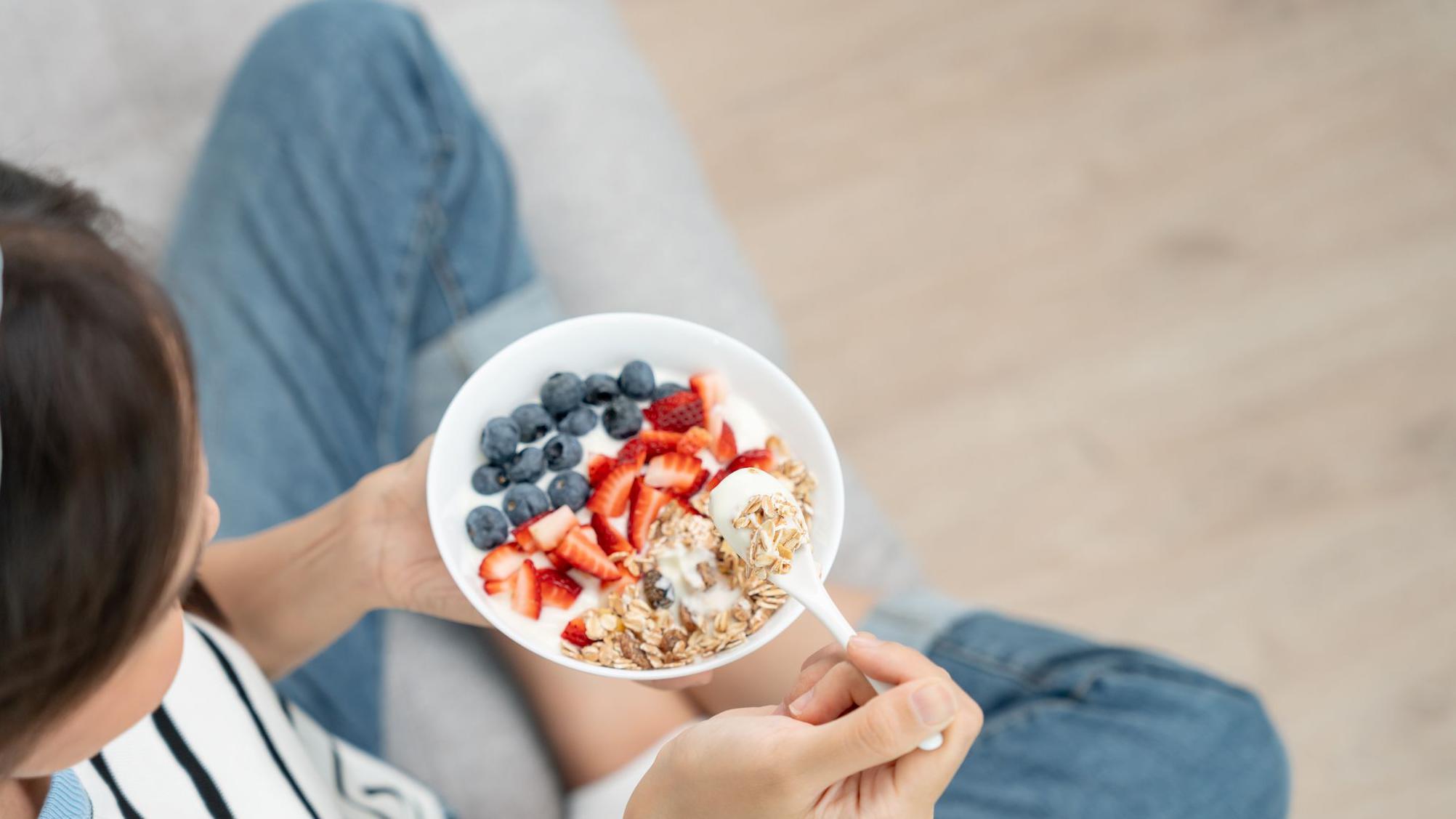The brain makes up only 2% of our body weight but consumes 20% of the body's energy. Meanwhile, the gut's primary function is to break down food into simple molecules and absorb them to provide fuel for the entire organism. But this relationship is bidirectional—while the brain influences the gut, the gut also influences the brain.
We see examples of this connection in everyday life. Our gut is home to millions of nerve cells and produces 95% of the body's serotonin, a crucial neurotransmitter that impacts overall health.

The Role of Gut Microbiota
Recent research highlights the importance of the gut microbiome—trillions of bacteria, viruses, fungi, and other microorganisms essential for physical and mental health. This discovery sheds light on how deeply interconnected the gut and brain truly are. But how does this connection work? And can improving it lead to a healthier, happier life?
How the Gut and Brain Communicate
Dr. Saliha Mahmood Ahmed, a gut specialist, explains that the gut and brain communicate in three key ways:
-
The Vagus Nerve – A major neural pathway connecting the brain to organs like the heart and intestines.
-
Hormones – Gut hormones like ghrelin and GLP-1 send signals throughout the body.
-
The Immune System – A significant portion of immune cells reside in the gut, acting as mediators between the brain and the body.
Dr. Pankaj J. Pasricha from the Mayo Clinic adds that this connection exists because the brain requires immense energy, and the gut serves as the body’s "powerhouse." The brain, despite its small size, consumes 20% of the body’s energy, while the gut processes food into usable fuel.
The Two-Way Relationship
This relationship is reciprocal. Just as the brain affects the gut (e.g., stress causing nausea or diarrhea), the gut also influences the brain. Everyday experiences—like stomach discomfort before a big meeting—demonstrate this link.
The Gut’s Microbial Universe
The gut houses between 10 to 100 trillion microbial cells, including bacteria, viruses, and fungi—outnumbering human cells. These microbes help digest food, break down otherwise indigestible compounds, and play a role in overall health.
Recent decades have seen breakthroughs in understanding how gut microbiota impacts well-being. Dr. Pasricha notes that imbalances in gut bacteria (dysbiosis) are linked to obesity, heart disease, depression, and even cancer.
Animal and human studies suggest gut disturbances may contribute to anxiety and depression, but definitive causality remains unclear.
Can Diet Improve Gut-Brain Health?
Maintaining a balanced gut microbiome is challenging since each person’s microbial makeup is unique. However, experts recommend:
-
Probiotic-rich foods (yogurt, kefir, kombucha)
-
Prebiotic fiber (fruits, vegetables, whole grains)
-
Plant-based diversity (legumes, nuts, seeds, spices)
Dr. Ahmed emphasizes that a diet rich in diverse plant-based foods supports a healthier microbiome. Studies suggest people who consume at least 30% plant-based foods tend to have more balanced gut bacteria.
Can Probiotics Affect Mood?
A study at the University of Oxford tested whether probiotics could alleviate depression symptoms. Over four weeks, participants taking probiotics showed reduced sensitivity to negative emotional stimuli compared to a placebo group.
Lead researcher Prof. Rita Baião notes that while probiotics may help with some depressive symptoms, more research is needed.
The Future of Gut-Brain Research
Dr. Pasricha acknowledges that reshaping the microbiome takes time, and maintaining dietary changes is challenging. However, ongoing research continues to uncover how gut health influences mental well-being.
Key Takeaways
-
The gut and brain are deeply connected through nerves, hormones, and the immune system.
-
A diverse, plant-based diet supports a healthy microbiome.
-
Probiotics may help manage stress and mood, but further studies are required.
As science advances, optimizing gut health could become a key strategy for improving both physical and mental health.




.gif)







































